In today’s fast-paced world, the traditional path to education is being challenged. Short courses and bootcamps have emerged as popular alternatives to a full 4-year degree, especially in the tech industry. These programs offer a quick, intensive way to acquire job-ready skills. This post helps new students to decide whether bootcamps or short courses are an option for them.
Highlights
- Bootcamps or short courses take a shorter time, so they provide a quicker pathway to high-paying, in-demand tech jobs. They provide flexible learning format, are affordable are, can help in career transition and can provide career services such as helping students to get internships or jobs.
- Choosing a good tech bootcamp involves careful consideration of several factors such as career goals, Technical Disciplines, Program Format, Cost and availability of Financial Aid, availability of Career Services, what people are saying about the bootcamp or generally reviews.
- Approximately, full-time bootcamps last around 12 weeks while part-time bootcamps usually last about 24 weeks.
Tech Bootcamps
Tech bootcamps are intensive training programs that teach students the skills they need to land a job in tech. They are typically shorter than traditional degree programs, often lasting only a few months. Explore some of the best rated online bootcamps.
Short Tech Courses
Short tech courses offer a more flexible learning path. They allow students to learn at their own pace and choose the topics that interest them the most. Explore some short tech courses that you can take as a beginner.
How to choose a good tech bootcamp
Choosing a good tech bootcamp involves careful consideration of several factors. Here are some key points to consider:
- Decide your career goals: Identify your career goals and choose a bootcamp that aligns with them1. For instance, if you aim to become a software engineer, look for a bootcamp that focuses on software engineering.
- Decide your technical disciplines: Bootcamps offer education in many technical fields. Popular programs include web development, data science, UX/UI, software engineering, cybersecurity, mobile app development, Python, and JavaScript. Choosing a bootcamp focused on a specific programming language allows you to develop in-depth, specialized skills.
- Program Format: Consider the format of the bootcamp. Some bootcamps are full-time, while others offer part-time or self-paced options. Choose a format that fits your schedule and learning style.
- Cost and Financial Aid: Bootcamps can be costly, so it’s important to consider your budget. Some bootcamps offer scholarships or payment plans to help offset the cost. Some bootcamps offers Learn now pay later / deferred tuition and income share agreements (ISAs).
- Career Services: Many bootcamps offer career services, such as resume reviews, interview preparation, and job placement assistance. These services can be invaluable in helping you land a job after graduation.
- Reviews and Outcomes: Look at reviews from past students and consider the bootcamp’s outcomes. High job placement rates and positive student reviews can indicate a high-quality program. Remember, the best bootcamp for you depends on your individual goals, needs, and circumstances. Take the time to research and consider your options before making a decision.
Benefits of bootcamps and short courses
- Offers practical skills : Bootcamps are designed to help individuals gain skills in a reasonably short amount of time to transition into different careers or to increase competency in a certain expertise. They focus on teaching specific skills that are in high demand in the job market.
- Fast and Intensive Learning: Bootcamps offer a fast, intensive way to learn practical skills to get started as a tech professional. They are typically shorter than traditional degree programs, often lasting only a few months.
- Flexibility: Online bootcamps offer valuable flexibility and convenience for busy individuals. They provide schedule flexibility that allows students to complete coursework during hours that work best for them.
- Accessibility: Completing a bootcamp online has exceptional value for students who do not live near a bootcamp location. Universities and some traditional bootcamps require attendance in a physical location.
- Career Transition: Bootcamps have become one of the best ways to obtain skills for a career transition. For example, coding bootcamps exist to help people gain the skills they need to transition into a career in web development.
- Cost-Effective: Given their shortened timespan, they can also be less expensive than traditional degree programs. Bootcamps also provides payment flexibility such as the availability of multiple payment options.
How long does bootcamps take?
The duration of short courses or tech bootcamps can vary widely depending on the topic, skill level, and the amount of material to be learned. Approximately, full-time bootcamps last around 12 weeks while part-time bootcamps usually last about 24 weeks. However, bootcamps can vary depending on the materials to be covered or formats of the learning.
Our take
The rise of short courses and bootcamps in tech is a testament to the evolving needs of the job market. These programs offer a viable alternative to traditional education, providing students with the skills they need in a shorter time frame. However, it’s important to remember that while these programs can provide a quick entry into the tech industry, continuous learning and skill development are key to long-term success. Therefore, whether you choose a short course, a bootcamp, or a traditional degree, the most important thing is to remain curious and committed to learning.
